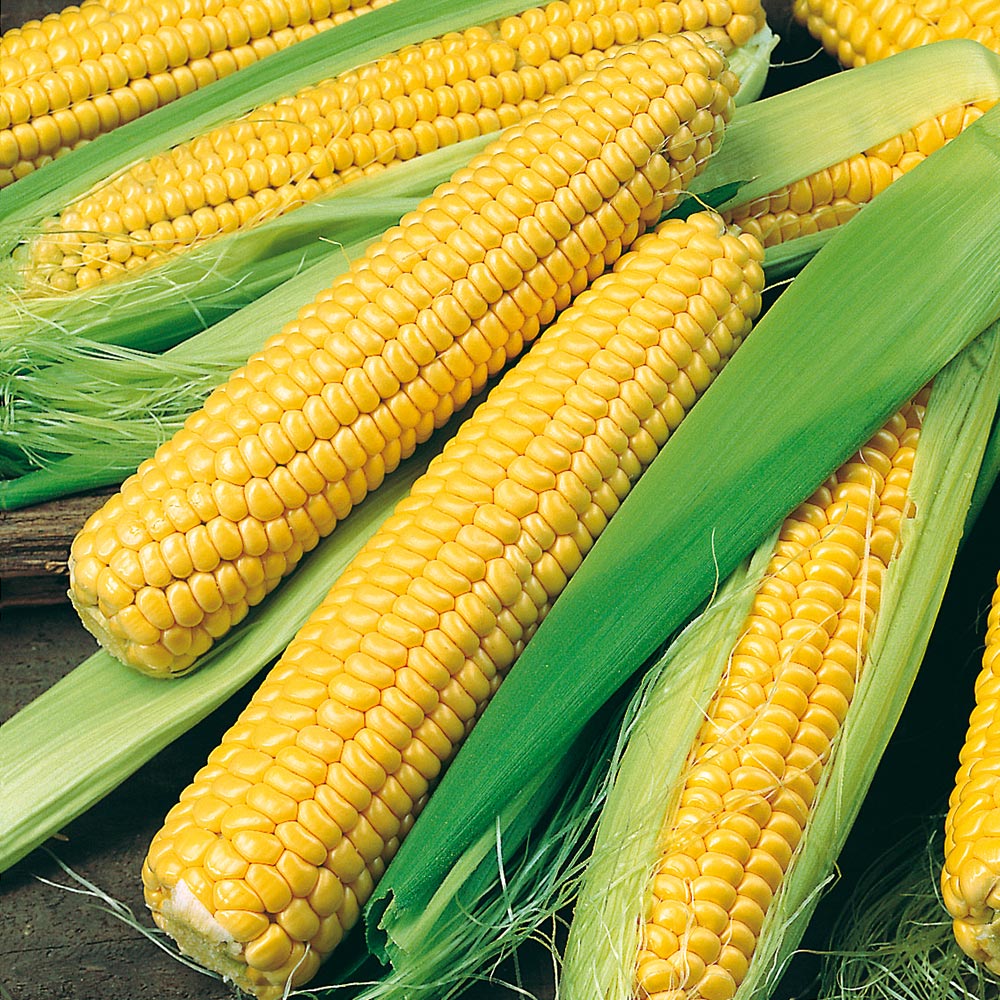Description
Origin:
Sweet corn, also known as maize, is native to southern Mexico and was cultivated by indigenous peoples in the Americas. Sweet corn is commonly enjoyed as a side dish or in salads and soups.
It can be eaten fresh, frozen, or canned.
Corn is a staple food in many cultures around the world.
Other Names:
Yoruba: Agbado
Igbo: Oka
Hausa: Masara
Swahili: Mahindi
Health Benefits:
Provides dietary fiber, which aids digestion and supports gut health.
Contains vitamins and minerals such as vitamin C, vitamin B6, and magnesium.
Rich in antioxidants, including lutein and zeaxanthin, which support eye health.
May help regulate blood sugar levels and support heart health.
Nutritional Information (per 100g):
Calories: 86 kcal
Carbohydrates: 19.0 g
Sugars: 6.3 g
Fiber: 2.7 g
Protein: 3.2 g
Fat: 1.2 g
Vitamin C: 6.8 mg (11% of Daily Value)
Vitamin B6: 0.3 mg (15% of Daily Value)
Fun Fact: Did you Know?
One of Mother Nature’s curiosities is that you can always count on corn to have an even number of rows on each ear. Most varieties have between 8-20 rows of kernels, but whatever the number, chances are it’s going to be even. Why not put this fun corn fact to the test and give your little one the mission to count all the rows and decide whether the final number is even or not?
Uses:
Used in salads, soups, and stews.
Incorporated into dishes like corn pudding and corn bread.
Eaten on the cob or as a side dish.
Recipes & Videos:
International Recipe: Sweet Corn SoupVideo: How to Make Sweet Corn Soup
Local Recipe: Nigerian Corn PuddingVideo: Nigerian Corn Pudding Recipe
Best Storage Method:
Store in the refrigerator, husks on, in a perforated plastic bag.
Shelf Life: 2-3 days in the fridge.

 Cart is empty
Cart is empty 





Michael Odeleye (verified owner) –
Sweet